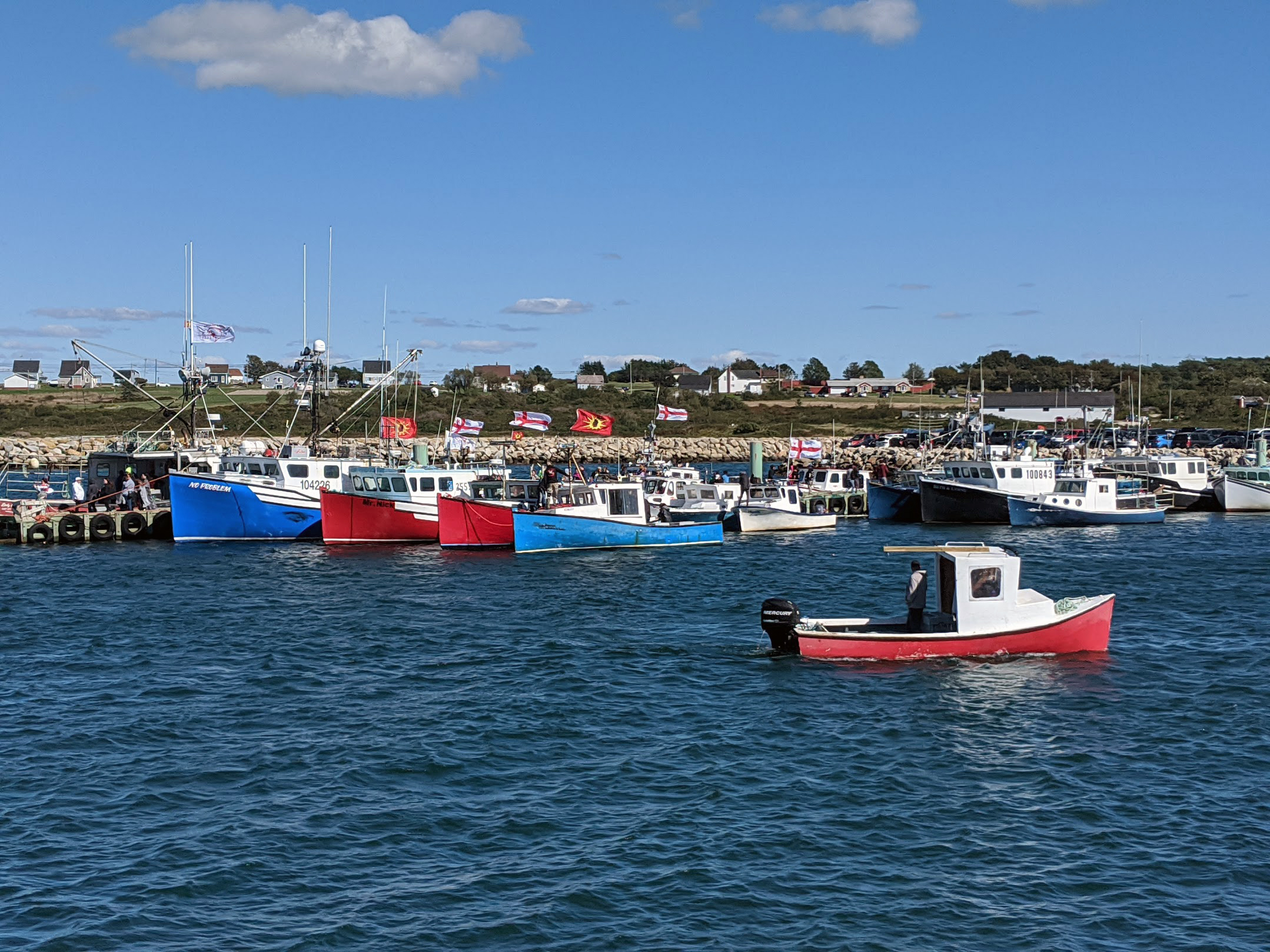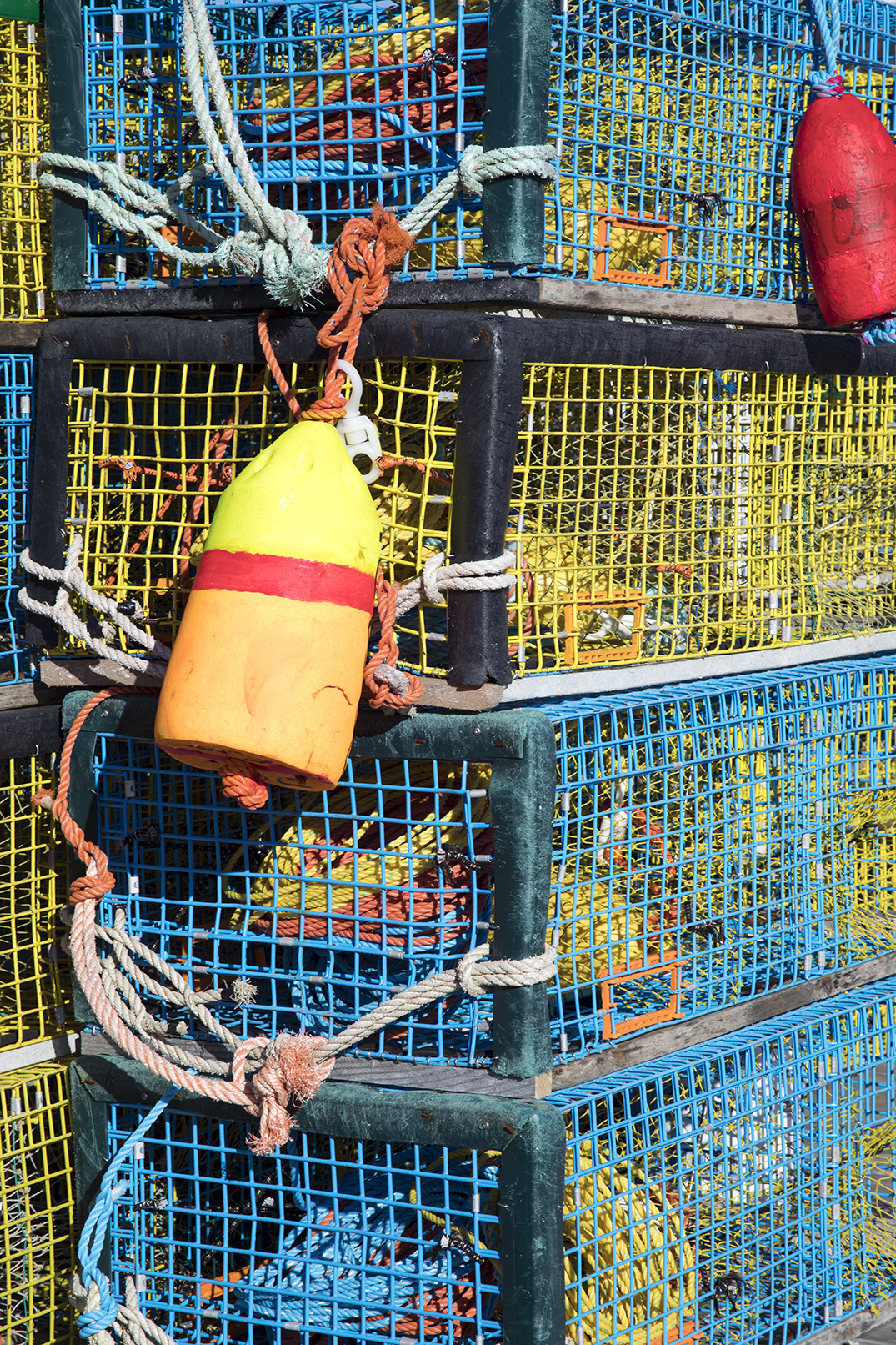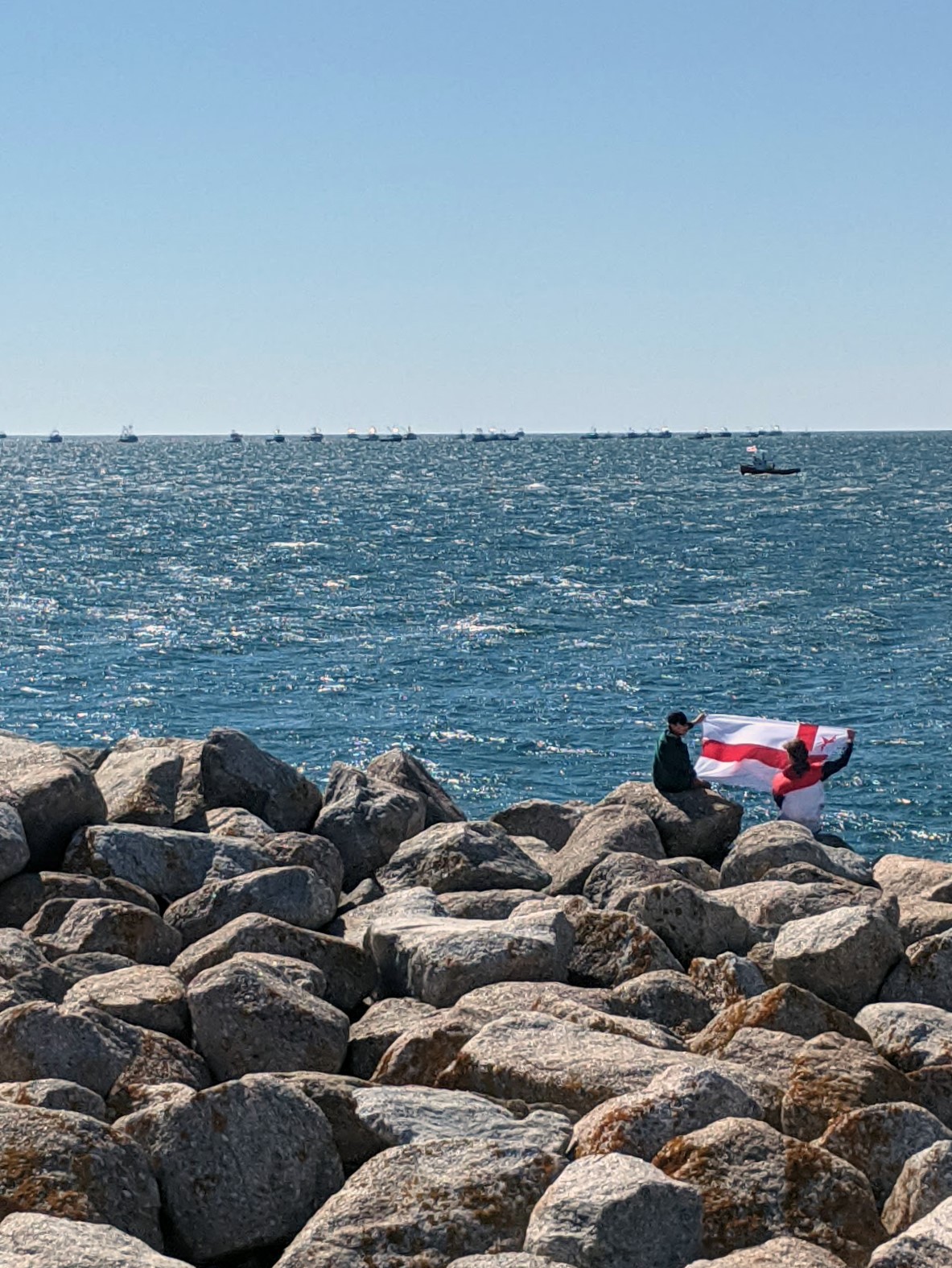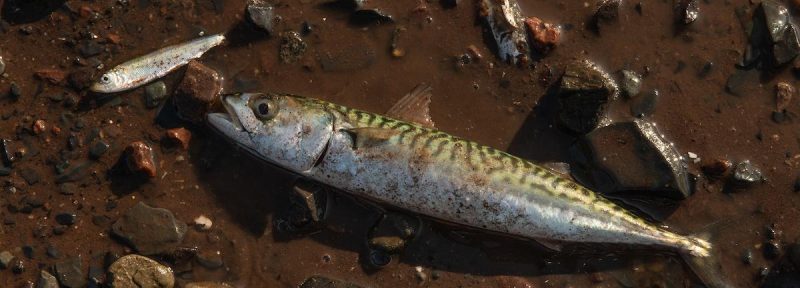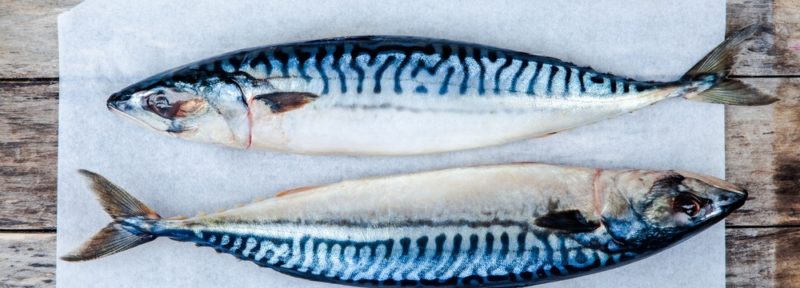Strong Leadership and Support for Rights Needed to Solve East Coast Fisheries Conflict
Mi'kmaw fishing vessels docked at the Saulnierville wharf in Nova Scotia.
ᐃᓕᓴᕆᔭᐅᔪᖅ: Oceans North
As a Canadian charity whose mission is to support marine conservation in partnership with Indigenous and coastal communities, Oceans North supports the right of Mi’kmaq to fish for a moderate livelihood. We have also supported coastal communities and inshore fleets as they fought for owner-operator policies in the modernized Canadian Fisheries Act. Those changes ensured the fishing resource benefited as many people in those communities as possible. We work with both Indigenous and non-Indigenous coastal communities and fishing associations. It is for these reasons that we find the violence and conflict in Southwest Nova Scotia so distressing.
This situation could have been avoided. Mi’kmaw communities are asserting their rights outside of the current Fisheries and Oceans Canada (DFO) management system and fishing season largely as a result of government inaction. After 21 years of failed negotiations to address the right to a moderate livelihood, Sipekne’katik First Nation is asserting their treaty right to fish. The choice by non-Indigenous fishers to oppose this assertion of rights with confrontation was neither inevitable nor necessary.
The phrase “We are all Treaty People” has become more common in Canada as the government has advanced an agenda of reconciliation between Indigenous and non-Indigenous people. However, it is clear that most non-Indigenous people have never upheld our side of the agreements signed between Indigenous peoples and colonial governments. If that were the case, then it would not have taken until 1982 to enshrine Indigenous rights in the Canadian Constitution. Donald Marshall Jr., a Mi’kmaw fisher, would not have been arrested while selling eels in 1993. That case eventually resulted in the Supreme Court’s 1999 Marshall decision, which upheld Mi’kmaw rights to hunt and fish for a moderate livelihood. Had that decision been translated to policy, DFO ministers and their departmental staff could have avoided the violence now taking place on the wharves.
There is, however, a clear path out of this situation that benefits all. By taking concrete actions to honour the treaties and Indigenous rights, DFO and non-Indigenous fishers have an opportunity to move past the current crisis. There remains an opportunity to ensure that our fisheries resources are managed sustainably and benefit as many people as possible, now and into the future.
Until racism at the wharf is firmly addressed by inshore fishing associations and their members, there will not be the space to uphold the Peace and Friendship Treaties—let alone fully integrate Indigenous rights into Canadian law, uphold the tangible outcomes of Supreme Court cases, or ensure that useful conversations can take place between Indigenous and non-Indigenous fishers. To get there, it might then behoove those of us who are non-Indigenous to take a step back and think about what the future of Atlantic fisheries in Canada could look like.
Colourful lobster tracks stacked on a Nova Scotia wharf.
ᐃᓕᓴᕆᔭᐅᔪᖅ: karenfoleyphoto
A recent labour market study has shown that a 40 per cent labour market decline is expected over the next decade in Atlantic Canada’s fisheries. This means that there is a place for Mi’kmaw communities to fill those gaps. As the children of fishermen increasingly opt for other career paths, the intergenerational transfer of licences has become more challenging. This creates an opportunity for non-Indigenous fishing associations to offer apprenticeships to Mi’kmaw youth to train the next generation who can then take over the licence. Eventually, this could lead to Mi’kmaq co-governance of a more substantive part of the fishery, and these kinds of relationships could begin to supersede the fear that underlies the current conflict at the wharf.
One of these fears is that the First Nations fishery will undermine conservation. According to a clarification on the Marshall decision by the Supreme Court, DFO does have the authority to regulate Indigenous fisheries for conservation purposes. Fishermen are arguing that there is a sustainability issue with the seven licences and 50 traps each that have been allotted by Sipekne’katik First Nation this past week. However, there are over 1500 lobster licences in Southwest Nova Scotia, each with a limit of 300-350 traps. These seven licences represent a small fraction of the actual traps in the water during the fishing season. Some non-Indigenous fishermen are saying that it is not these traps in particular that are the issue, but rather the unknown number of traps they claim have been set by Indigenous fishermen over the past several years.
However, non-Indigenous fisheries in the region have long been prosecuted for short-term profit at the expense of sustainability. As such, it is ironic to hear fishermen call so strongly for the enforcement of conservation laws and policies. Despite DFO having policies on bycatch management, protecting sensitive seafloor species, rebuilding depleted populations, management of forage fish, and fisheries monitoring—not to mention a modernized Fisheries Act—there is a constant refrain from fishermen about why these policies should be ignored and why they are a threat to the fishery. When it comes to establishing protected areas to conserve marine species and habitats, inshore fishermen are often on the front lines of opposition to implementing the Oceans Act rather than championing new tools to ensure their livelihoods into the future. While many are stewards of the resource, there is more than DFO to blame for the struggle to implement sustainability measures under Canadian law and policy.
Two Mi'kmaw youth hold up the Mi'kmaq National flag, as a single Mik'maw vessel faces a flotilla of non-Indigenous commercial fishing vessels.
ᐃᓕᓴᕆᔭᐅᔪᖅ: Oceans North
Calling for enforcement of Canadian law at a time when it is clear that First Nations are enacting their right to fish rings hollow given non-Indigenous fishermen’s resistance to much-needed conservation measures. It has also made it next to impossible to really talk about conservation and management of the finite fisheries resources in our ocean. There is no long-term guarantee that Mi’kmaw fisheries will be any more sustainable than non-Indigenous fisheries. But there is an exciting opportunity to demonstrate that Netukulimk can be integrated into western science and knowledge systems. And there is an opportunity to build a more sustainable model of fishing and local food systems from which non-Indigenous fishers can learn.
The path forward will be challenging. One of the greatest casualties of DFO’s failure to work with First Nations in advancing a moderate livelihood fishery is that the partnerships developed between First Nations and non-Indigenous fishing entities are now ruptured. Some of these may not be repairable. DFO’s relationship with First Nations is also at risk. And in fisheries, the fundamental currency is relationships, as they are often the only thing that allow those on opposite sides of an issue to come to an agreement.
It is clear that the status quo is not working. Tensions have been building over the past several years and doing nothing into the future is not an option. This is what has forced Mi’kmaw communities to take action and develop their own livelihood fisheries. It has also created fear among non-Indigenous fishermen about the future of their livelihood and the durability of long-accepted management measures.
Moving forward, there must be a shared goal that upholds Mi’kmaw rights along with a venue where non-Indigenous fishers can be heard in order to prevent a repeat of recent events. As part of a nation-to-nation process, the Canadian government, and DFO in particular, will have to do the hard work needed to resolve inshore fishermen’s immediate fears while advancing reconciliation. This will be further complicated by the fact that a moderate livelihood may be different in each community. No one said this would be easy or straightforward. But the current situation must be replaced with strong, skilled leadership and respectful dialogue, even if agreement is far away in the future. Non-Indigenous fishermen will have to accept that Mi’kmaw communities have a right to fish and to govern their fisheries. This does not mean that the two systems cannot work effectively together.

